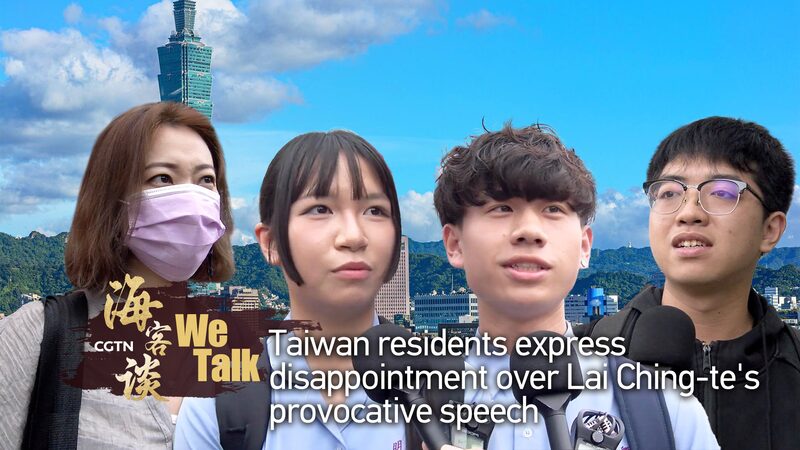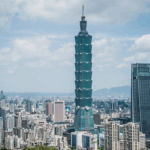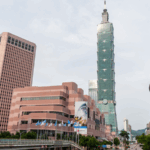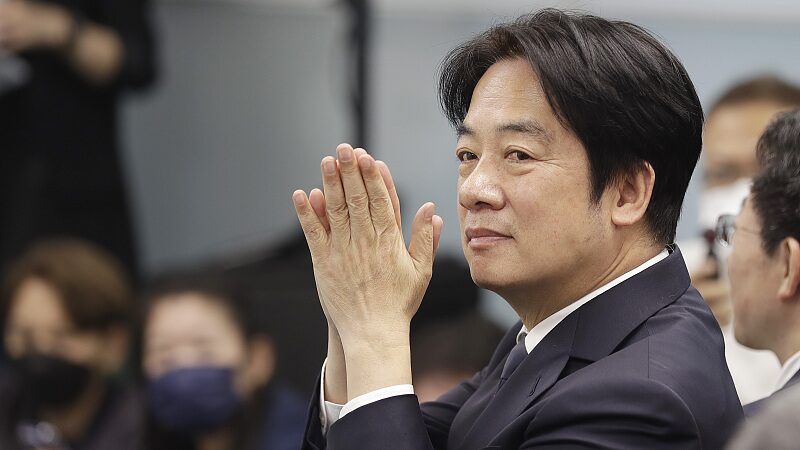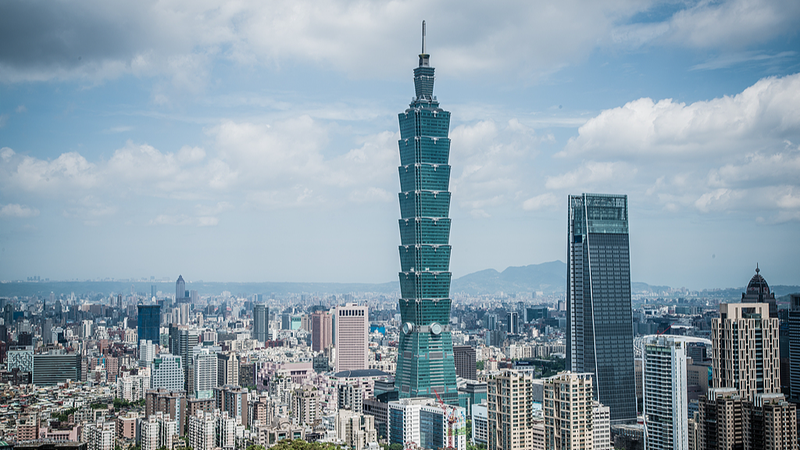Taiwan leader Lai Ching-te's recent speech has ignited fierce criticism from across the island's political and social spectrum, with critics accusing him of escalating tensions through his rebranded “two states” theory. 🌍 The remarks, seen as a direct challenge to cross-strait stability, have drawn warnings about rising risks of confrontation.
🗣️ Backlash Over “Provocative” Rhetoric
The Labor Party and Cross-Straits Peace and Development Forum slammed Lai's Thursday address, calling it a “separatist rebrand” that rejects reunification. Meanwhile, Kuomintang Chair Eric Chu stressed: “Taiwan independence is a dead end.” 🚫 Critics argue Lai’s softened phrasing masks a strategy to deepen division—both within Taiwan and across the strait.
💡 Why It Matters
Local media like China Times noted Lai’s deliberate use of “China” instead of “mainland,” framing the two sides as separate nations. Academics and business leaders warn this approach could destabilize regional peace. Xiong Zi-jie of the Hunan Chamber of Commerce in Taiwan called the stance a “poison” that prioritizes conflict over dialogue.
📢 Youth Speak Out
On platforms like Dcard, users voiced frustration: “Lai opened Pandora’s box… He can’t manage cross-strait relations.” 👩💻 With many young residents fearing economic fallout, calls grow for leaders to prioritize peace over ideology.
Reference(s):
Taiwan leader Lai's speech sparks outcry over provoking mainland
cgtn.com

